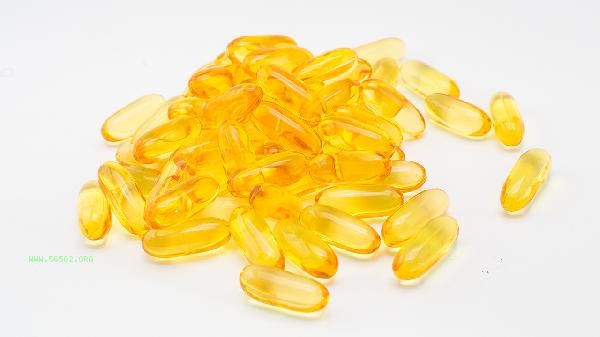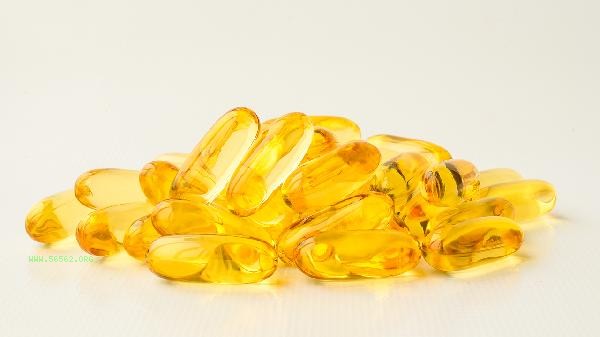Infants can consume fish oil with high EPA content in moderation, but the intake should be adjusted according to age and developmental stage. EPA in fish oil helps with the development of the infant's nervous system and immune function, but excessive amounts may affect coagulation function or cause gastrointestinal discomfort. When choosing fish oil, attention should be paid to purity, no heavy metal pollution, and priority should be given to products designed specifically for infants and young children. EPA is an important Omega-3 fatty acid in fish oil, which has a positive effect on infant brain and visual development. Moderate supplementation can improve cognitive function and reduce the probability of allergic reactions. The recommended daily intake of EPA for infants should be controlled within a safe range, usually measured in milligrams. Breastfeeded infants can indirectly obtain EPA through their mother's diet, and formula feeders can choose to add DHA and EPA to their milk powder.

Premature infants or infants with special health problems should use high EPA fish oil with caution. Some infants may experience adverse reactions such as diarrhea and vomiting, and long-term excessive intake may interfere with vitamin E metabolism. Infants with a family history of bleeding disorders should avoid high-dose EPA supplementation. Fish oil supplementation cannot replace a balanced diet, and natural food sources such as deep-sea fish should be gradually introduced from the stage of complementary food addition.

Before supplementing fish oil to infants, the pediatric department should be consulted to determine the appropriate dosage based on weight and feeding method. After opening, the fish oil needs to be refrigerated to avoid oxidation and deterioration. Droplets can be chosen for easy control of dosage. Observe the baby's bowel movements and skin reactions after taking it, and stop immediately if any abnormalities occur. Supplementing with vitamin E can reduce oxidative stress in fish oil, but attention should be paid to the balanced ratio of the two.




Comments (0)
Leave a Comment
No comments yet
Be the first to share your thoughts!